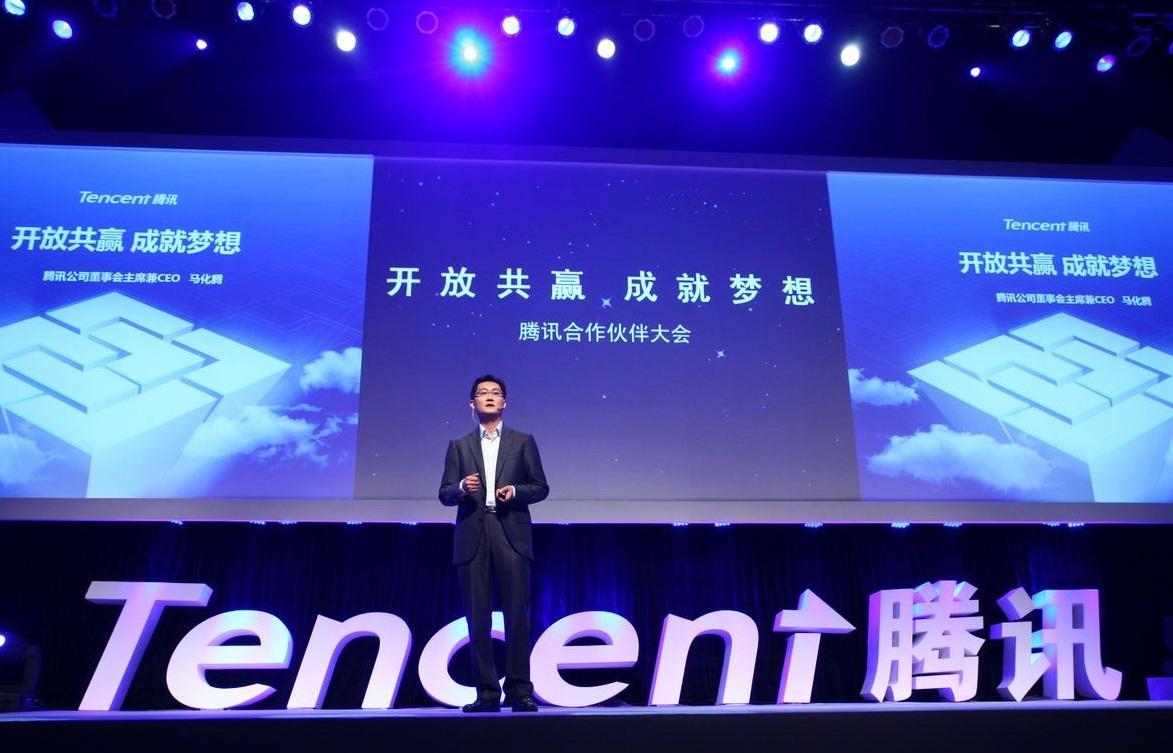商業(yè)
Online Regulation: Going its Own Way
網(wǎng)絡(luò)監(jiān)管:自行其道
China's new Cyber-security law overreaches.
中國新的網(wǎng)絡(luò)安全法規(guī)有些管的太寬。
“If you want to stay in China, you have to go all in.” So says James Fitzsimmons of Control Risks, a consultancy, of the impact China's new cyber-security law will have on multinational companies (MNCs).
在化險(xiǎn)咨詢公司的顧問詹姆斯·菲茨西蒙斯看來,中國網(wǎng)絡(luò)安全法對跨國公司的影響是,“要想留在中國市場,必須全力以赴!”
These firms have moaned for months about the law's intrusive and vague provisions and asked for a delay in its implementation, but to no avail.
跨國公司因?yàn)槠渲谢\統(tǒng)且極具干擾性的條例哀嘆數(shù)月,紛紛要求推遲實(shí)施網(wǎng)絡(luò)安全法,然卻未果。
It came into force on June 1st, and foreign firms are now scrambling to figure out its implications.
網(wǎng)絡(luò)安全法于6月1號正式生效,現(xiàn)在外企正急于弄清其影響。

Mr Fitzsimmons, for one, is convinced that they must take the costly step of separating their local IT systems from their global networks.
其中,詹姆斯·菲茨西蒙斯確信這些外企定將重金解除其當(dāng)?shù)匦畔⑾到y(tǒng)與其全球網(wǎng)絡(luò)的關(guān)聯(lián)。
At first blush, the law seems a reasonable effort at tackling two areas of policy in need of reform.
乍一看來,安全法似乎合理解決了政策中的兩方面需要改革的問題。
The first is cyber-security.
一方面是網(wǎng)絡(luò)安全問題。
Companies in industries deemed to be critical must now ensure that their technology systems are “secure and controllable.”
向來至關(guān)重要的工業(yè)企業(yè),現(xiàn)在必須確保其技術(shù)體系“安全、可控”。
They must store important data locally, and will be subject to audits by official inspectors.
他們必須將重要數(shù)據(jù)存儲于境內(nèi),接受政府檢查員審查。
Susan Ning of King & Wood Mallesons, a Chinese law firm, thinks that foreign firms should be familiar with such rules since, on her firm's analysis, European regulations on cyber-security are tighter than those found in the new law.
來自中國金杜律師事務(wù)所的蘇珊·寧認(rèn)為,就其公司所做分析看來,歐洲比中國在網(wǎng)絡(luò)安全法方面要求更為嚴(yán)苛,外企應(yīng)早已深諳此類律法。
The other neglected area taken on by this law is data privacy.
安全法承擔(dān)的另一個(gè)被忽視的領(lǐng)域則是數(shù)據(jù)隱私問題。
Firms in China have long amassed and manipulated consumer data as they have pleased.
長期以來,在華企業(yè)十分滿意于可以大量收集使用顧客信息。
And as Ronald Cheng of O'Melveny, an American law firm, observes, online fraud, malware and mobile-phone scams are rife.
美國美邁斯律師事務(wù)所的羅納德·程認(rèn)為,網(wǎng)絡(luò)詐騙、網(wǎng)絡(luò)惡意軟件、手機(jī)欺詐十分猖獗。
Under the new rules, companies must be much more careful with data about, or acquired from, individuals in China.
但在網(wǎng)絡(luò)安全法的保護(hù)下,在中國,一旦涉及個(gè)人信息,各公司將不得不小心應(yīng)對。
They are required to maintain such data on local servers, and must obtain permission before sending bulk data abroad.
政府要求各公司將這些數(shù)據(jù)保存至本地服務(wù)器,且向境外輸送大數(shù)據(jù)前須獲得同意。
However reasonable these goals seem, two big worries linger.
然而,無論這些目的看似有多合理,都存在兩方面擔(dān)憂。
First, the law is overly broad and mischievously vague.
首先,該法過于寬泛模糊。
It provides little guidance on what constitutes “critical information infrastructure” (though impact on “social or economic well-being” is a criterion) and which firms are “network operators” (so even individuals with multiple computers could fall foul of the law).
并未具體明確“關(guān)鍵信息基礎(chǔ)設(shè)施”(即使“社會(huì)福利或經(jīng)濟(jì)福利”的影響可視作標(biāo)準(zhǔn)),也未明確指出哪類公司才算是“網(wǎng)絡(luò)運(yùn)營商”(所以即使擁有多臺電腦的個(gè)人也會(huì)與法律沖突)。



